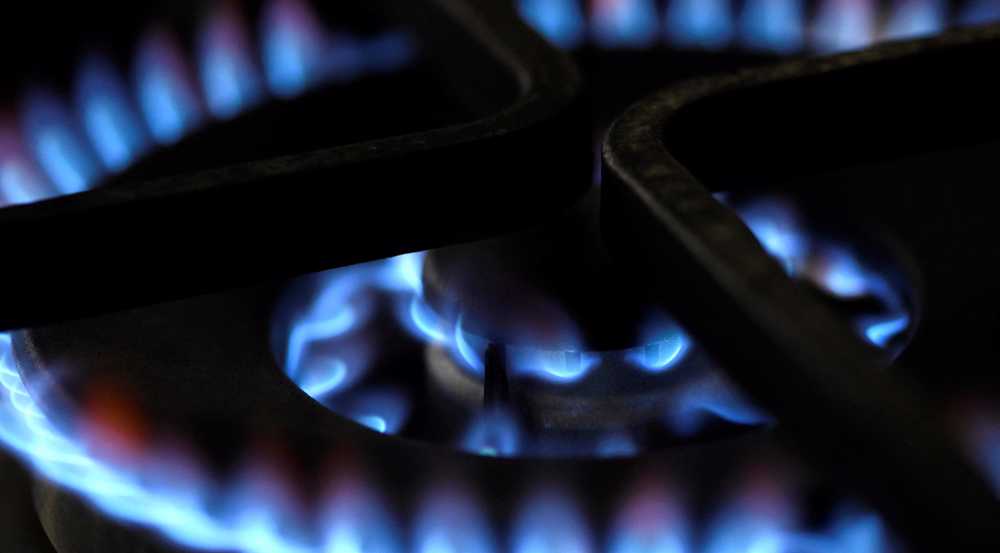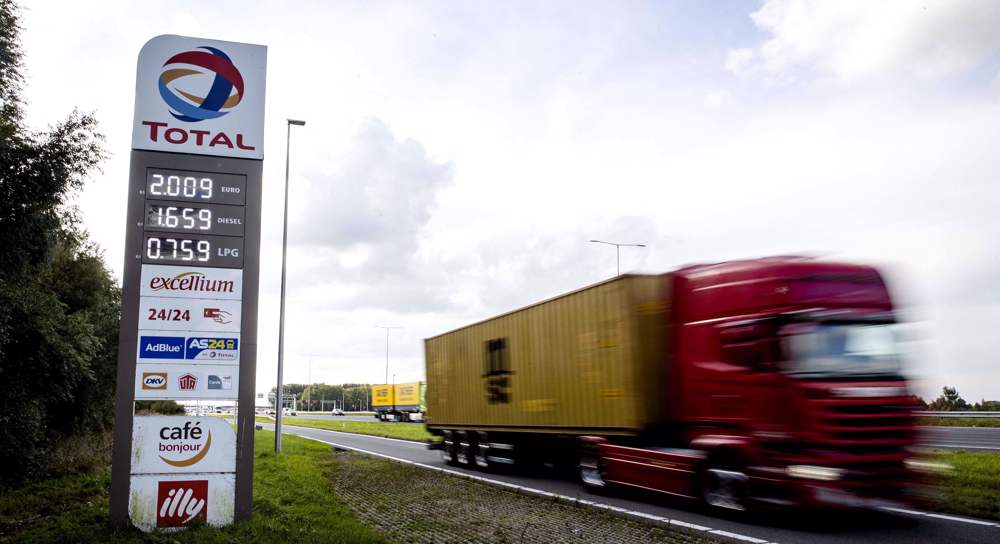EU to study joint natural gas buying to protect against price surges: Draft
The European Union will look into an option for member states to jointly buy natural gas as the bloc considers ways to protect itself against surging energy prices, according to a draft document seen by Reuters.
The European Commission will this week publish a “toolbox” of measures that European Union countries can take to respond to soaring energy prices, in response to calls from some counties for an EU response to record-high gas and electricity prices.
A draft of that toolbox document said the commission would look into the possible benefits of EU countries jointly buying natural gas - an idea proposed in recent weeks by governments including Spain.
Countries could collectively purchase gas to form a strategic reserve, the document said, adding that participation would be voluntary.
European electricity and gas prices have rocketed this year as tight gas supplies have collided with strong demand in economies recovering from the COVID-19 pandemic.
Many member states have responded with national measures such as price caps and temporary reductions in fuel or electricity taxes.
The draft toolbox confirmed such measures are allowed under EU law and said they could be partly funded by revenues that national governments collect from the EU carbon market.
The European Commission declined to comment on the draft, which could change before the toolbox is due to be published on Wednesday.
Not all countries want an EU response to the energy price spike. Germany and the Netherlands have warned against market intervention, while Belgium has said it doubts joint gas buying would contain prices.
Governments can also use cash from the EU budget and its COVID-19 recovery fund to renovate buildings to use less energy and reduce consumers' heating bills, the draft document said.
In the longer term, the Commission has said the most effective defense is to shift to renewable energy generation and reduce countries’ exposure to the fluctuating price of imported fossil fuels.
The draft toolbox said the Commission would issue guidance next year to help speed up permitting for renewable energy projects.
(Source: Reuters)
‘All wars have rules. All of those rules have been broken’ by Israel
VIDEO | Report flags India’s violation of rights of Rohingya detainees
Turkey's foreign minister meets Syria's de facto leader in Damascus
'Next to impossible' to rescue patients from Gaza's Kamal Adwan Hospital: Director
VIDEO | Vietnam current prosperity
Report blames gasoil exports for shortage at Iranian power plants
VIDEO | Hind Rajab Foundation names Israeli war criminals vacationing after Gaza genocide
VIDEO | Australians rally for Gaza ahead of Christmas festivities











 This makes it easy to access the Press TV website
This makes it easy to access the Press TV website